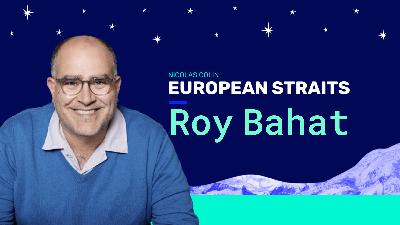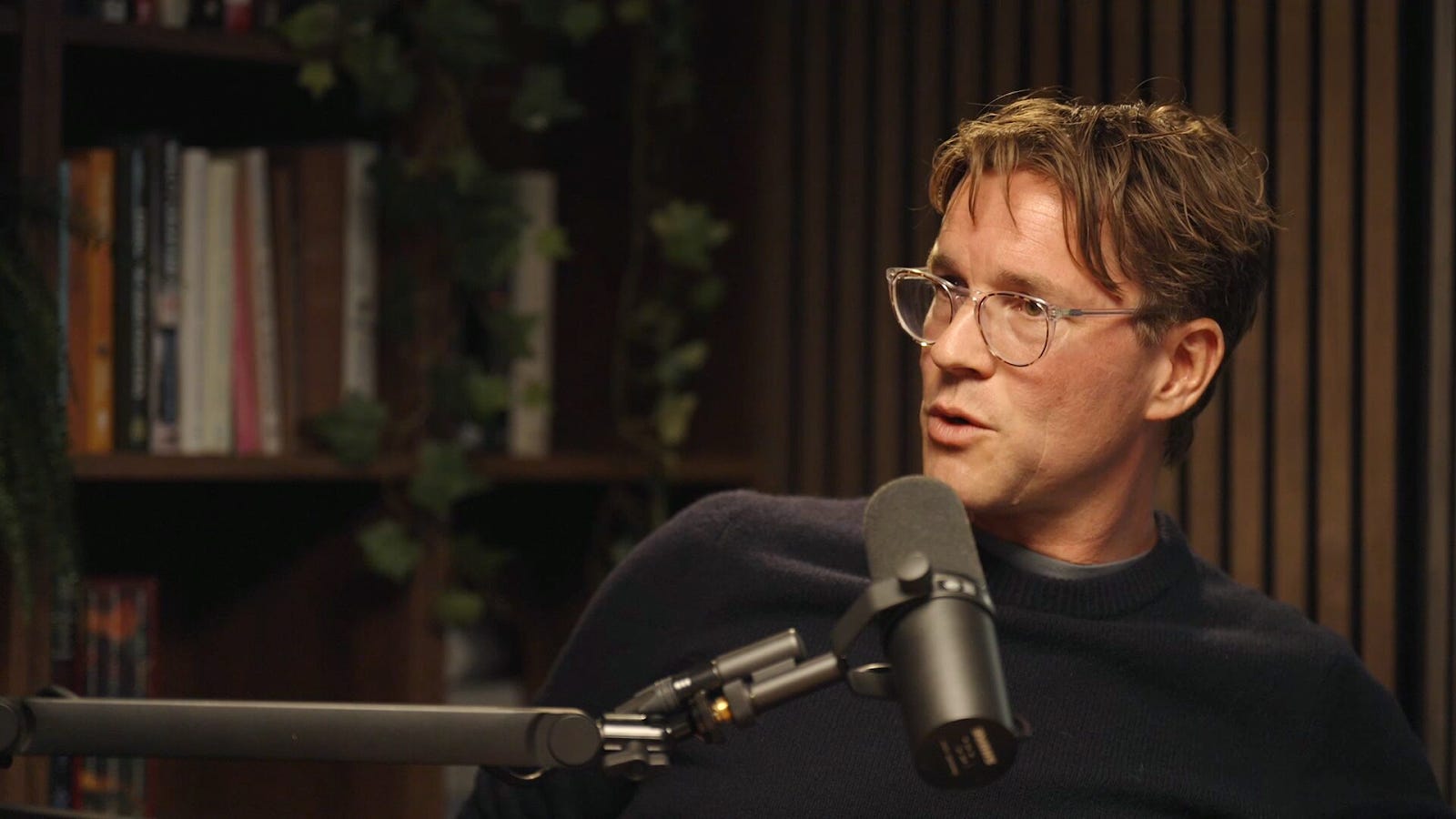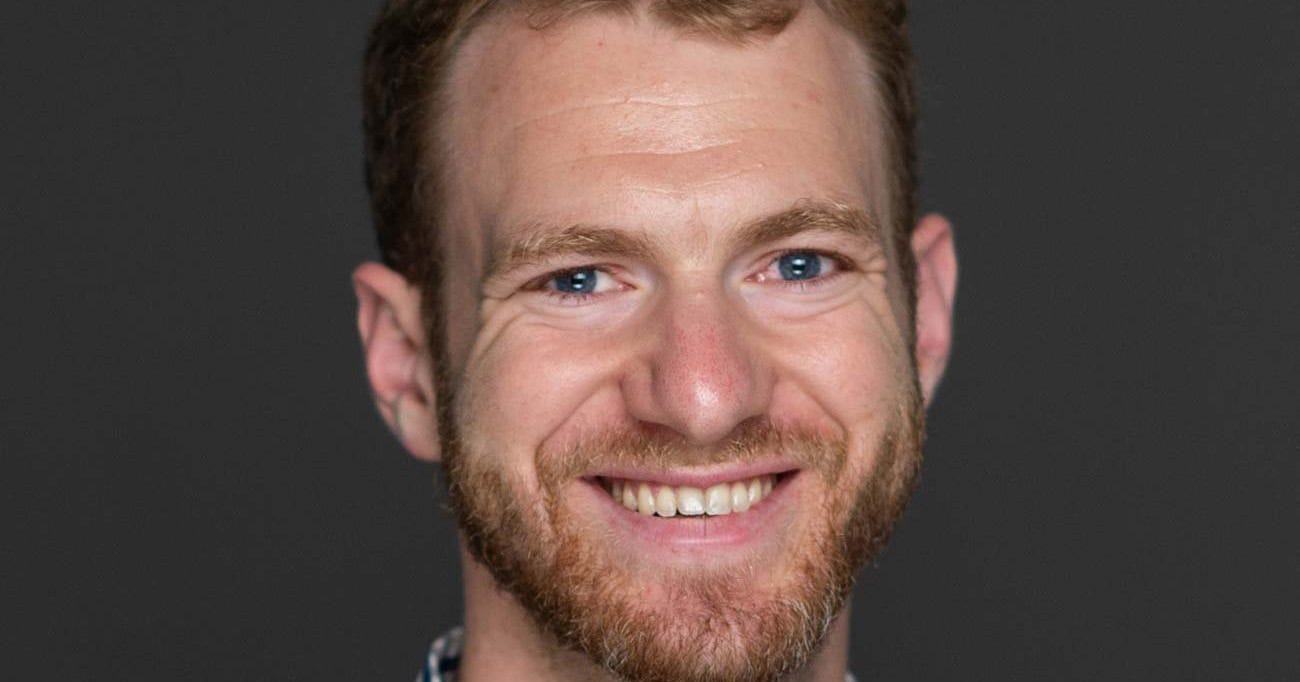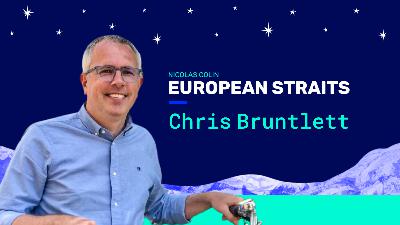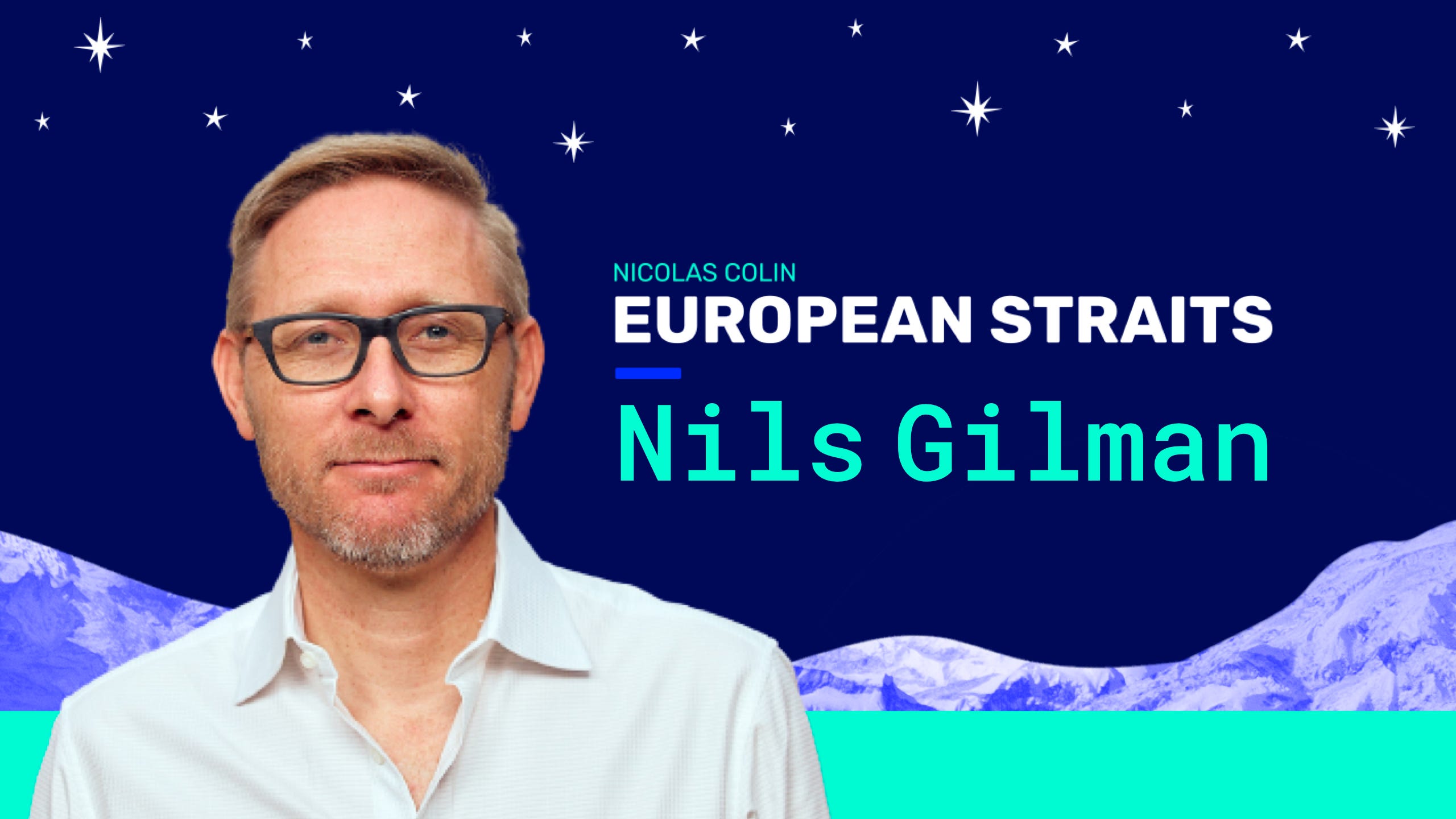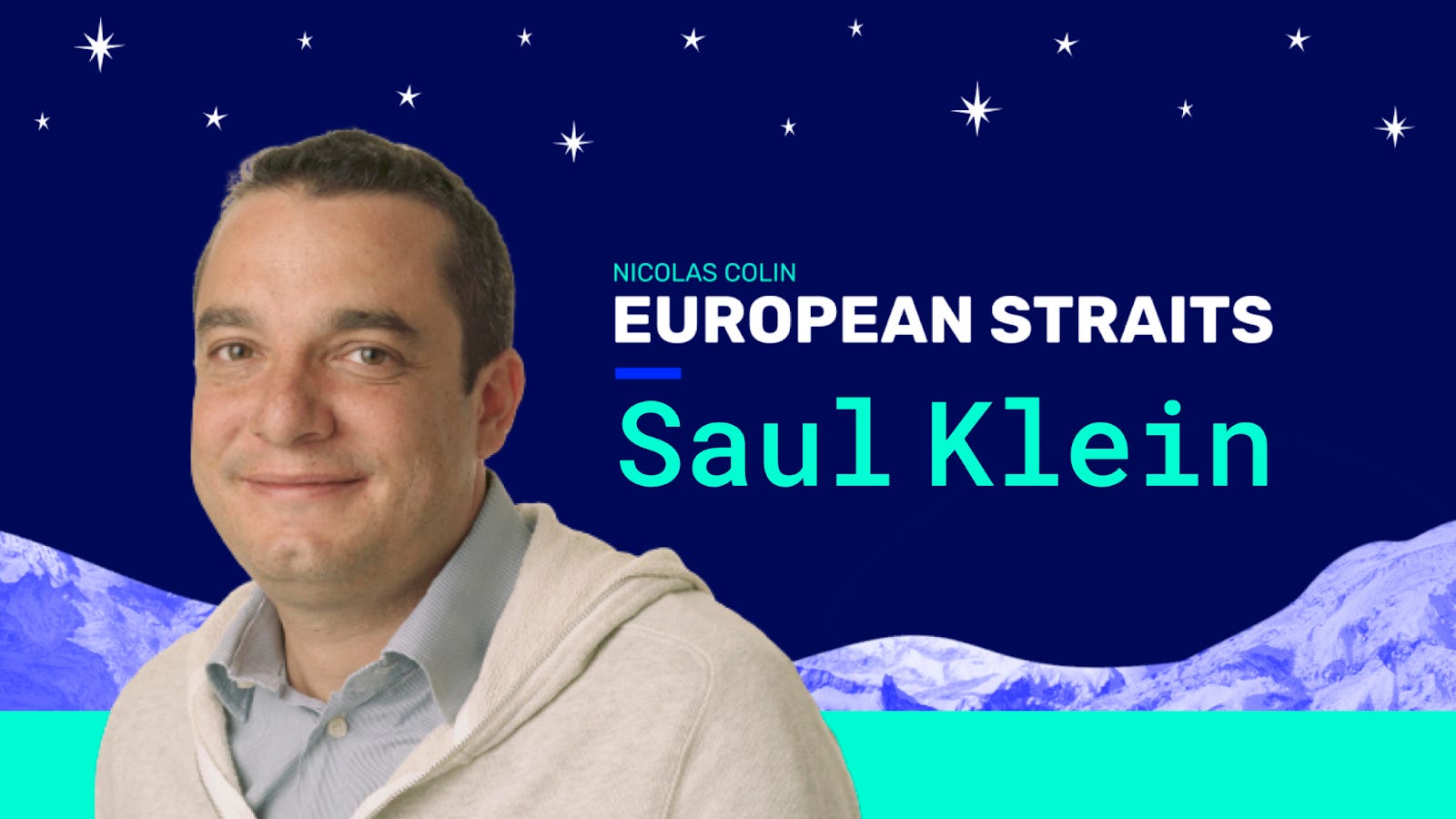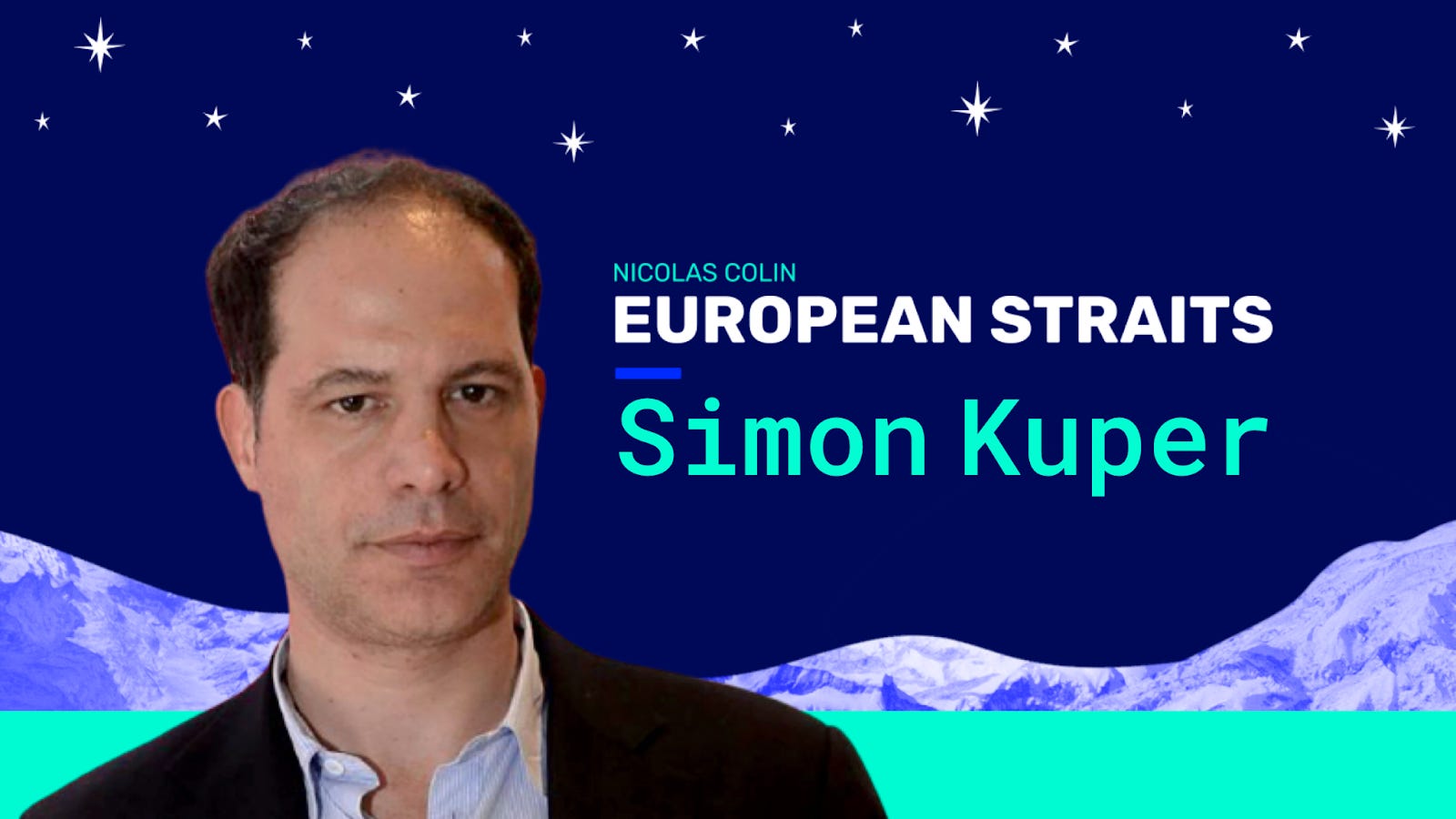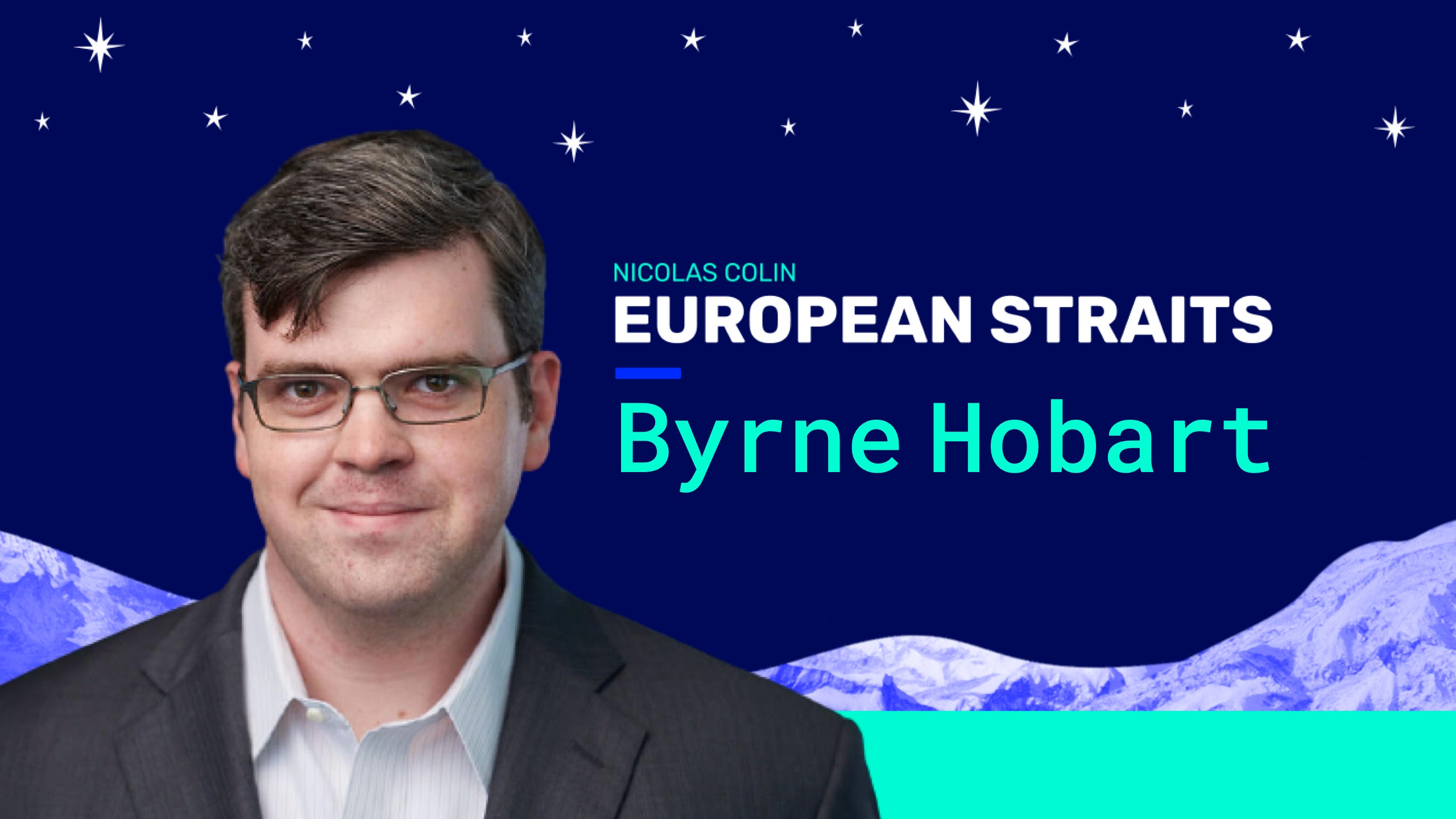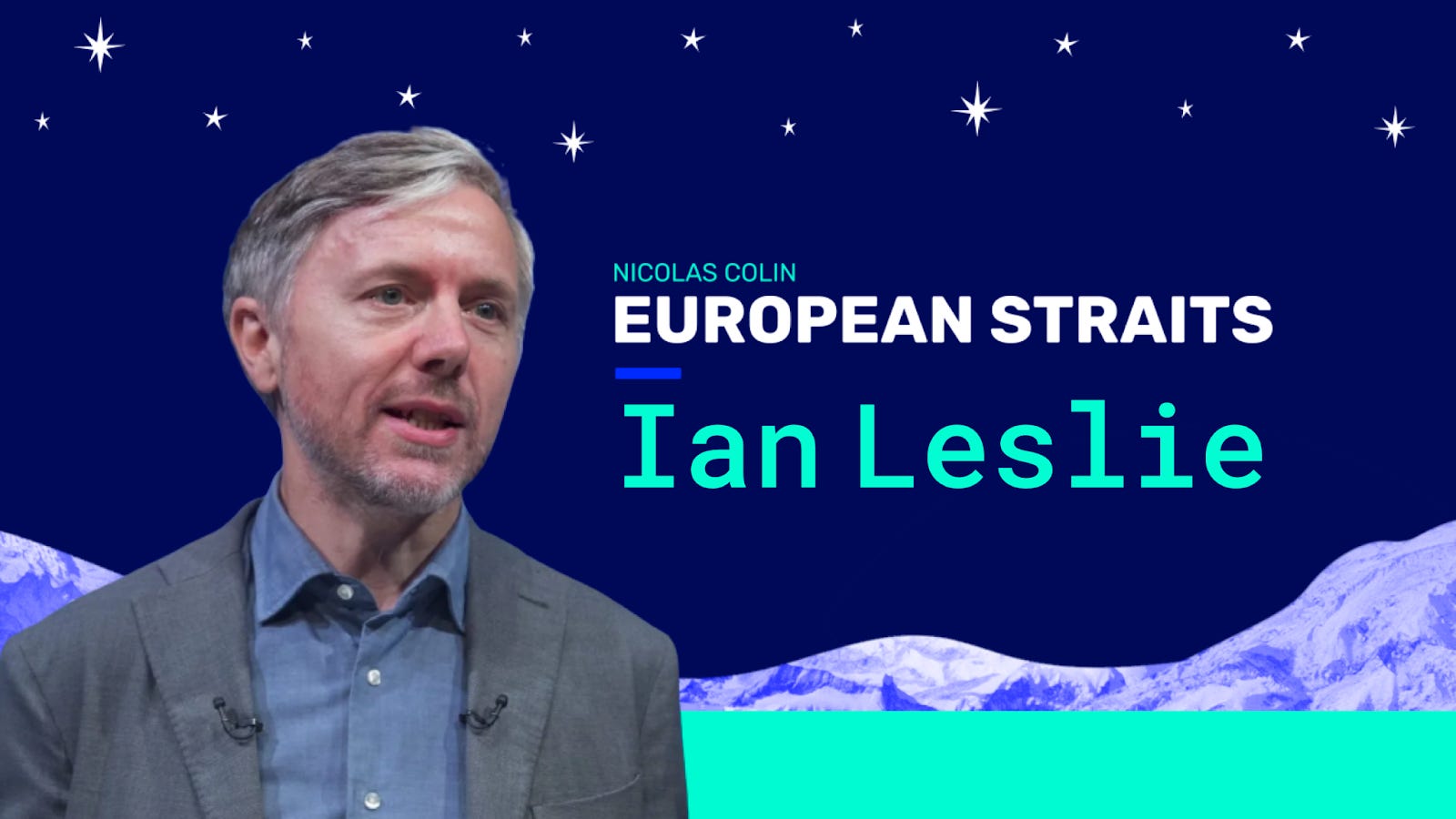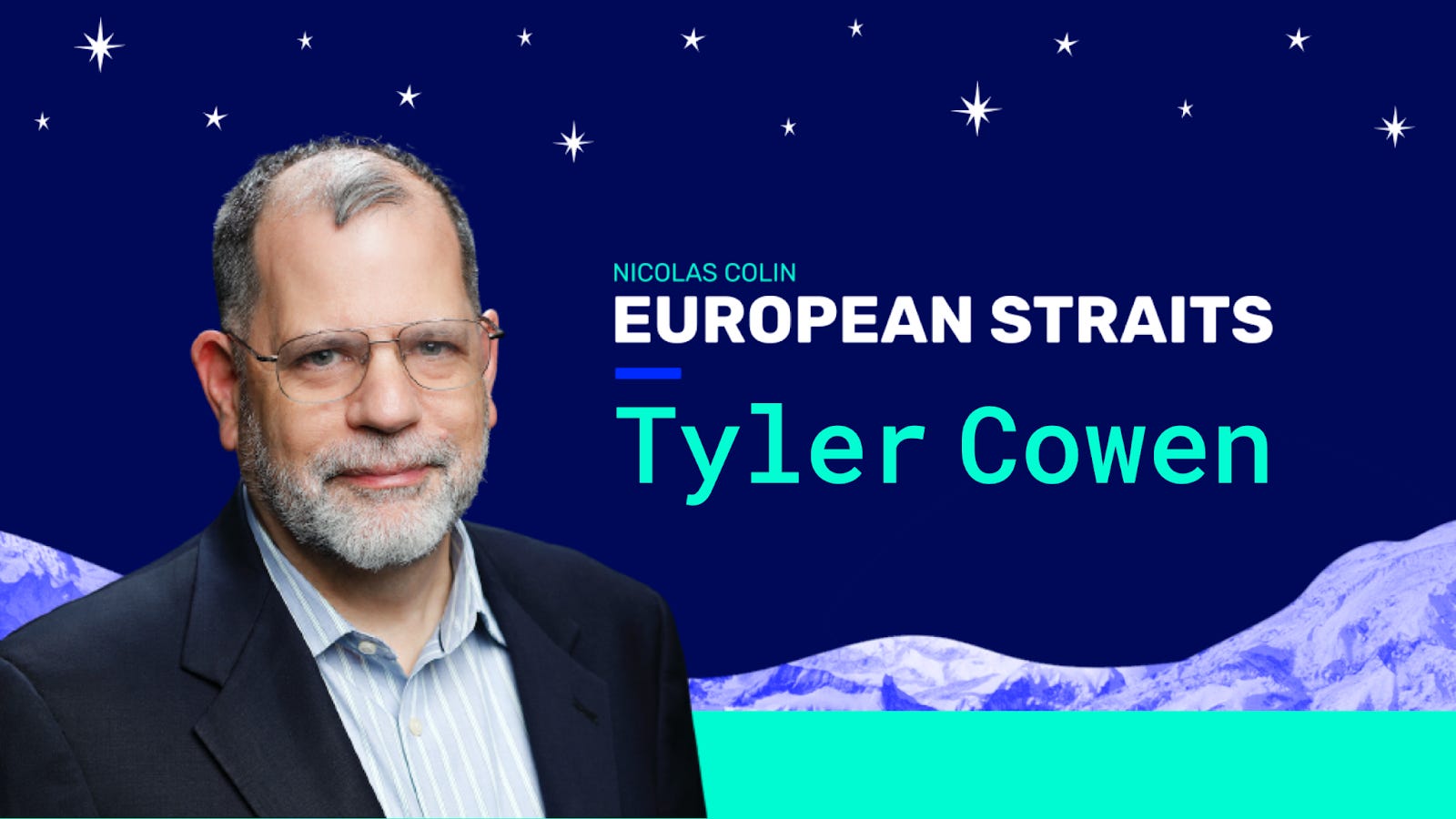The Future of Work w/ Roy Bahat. VC Firms Going Public. Thumbs Up/Down. Unlocked Archives.
Description
The Agenda 👇
* Laetitia spoke with Bloomberg Beta’s Roy Bahat about everything future of work 🎧
* My latest column in Sifted is about publicly traded VC firms in Europe
* Thumbs up/down for last week
* Recently unlocked essays from the European Straits archive
For the latest episode of the Building Bridges podcast, Laetitia interviewed our friend Roy Bahat, an SF-based venture capitalist with Bloomberg Beta and an inspiring leader on the future of work. Here’s what she wrote about their conversation:
For this new episode of the Building Bridges podcast, I’m excited to share my interview with Roy Bahat, who as the Head of Bloomberg Beta has been “obsessed with how we make work—the thing we do with more waking hours than any other—better”. He’s been an inspiration for me at least since I watched this video in which he speaks about two key drivers for workers: “Stability and dignity”.
Roy is used to making short, insightful and actionable pieces of content about work, careers, entrepreneurship and personal development. I recommend his series of to-the-point #thisisnotadvice interviews which you can watch on Twitter. They cover a wide range of topics like “Should I mentor someone and, if so, how do I do it?”or “How can I be the type of founders that VCs want to fund?”.
But I confess I wanted more time with him. I wanted to hear him in a longer format so he could tell his career story, what it means to be a VC specialised in the future of work and so we’d still have time left to speak about the future of work and how we can prepare for it. I’m so grateful he accepted!
As he explains in this podcast, he hadn’t planned to become a VC, let alone one who focuses on the future of work! But after doing tons of reading, talked to thousands of people and given the subject a lot of thought, you could say he’s become quite the expert. (More exactly, he’s reached that level of expertise where you become humble again. It’s a bit like Japanese martial arts: when you reach the highest level, you can wear a white belt again like a beginner!)
I simply love how he adresses the most simple yet profound questions. Here’s how he sums it all up neatly on his LinkedIn profile:
I've had a messy, hand-wringy career (in non-profit, professional services, city government, big media, video games, academia, day-zero startup, investing), where I was never hired for any job for which I was qualified (including starting a company, where I guess I sort of co-hired myself and was still unqualified). Only later did I realize the one thread that tied it all together -- making work better.
In 2013, Bloomberg L.P. gave me the opportunity to turn my obsession with the future of work into my job when we created Bloomberg Beta. I believe the fastest way to make change is to build extraordinary technology companies (and, these days, machine intelligence companies in particular).
We talked about a lot of things, including feminism and why it’s important to embrace it. Among the many themes covered were also the skills of the future. How do you make yourself “futureproof” in a fast-changing world? I asked him because in his book Futureproof, NYT journalistKevin Roose thanks Roy profusely for the inspiring conversations he had with him. (Check out this article I wrote about the book.) Here’s Roy’s conclusion:
How do we prepare? Most of the past thinking about preparation for the future that I learned growing up what “point preparation”—”here’s what the world’s going to be like: prepare yourself for it” (…) But if you believe that the pace of change is going to be more rapid, then learning is the most essential skill, rapid reinvention… In the tech world, I call this being the CIO of your own life… constantly looking for new tools and trying to integrate them and experiment with them. Another one is setting your own priorities. We don’t learn in school that this is a skill. The third one is the scientific method applied to everything around us. If the world is going to keep changing, scientific method is our best way of understanding how.
👉 Listen to Laetitia’s conversation with Roy Bahat in the latest episode of the Building Bridges podcast using the player above 👆 or on Apple Podcasts or Spotify.
Normally when we talk about startups and IPOs, it’s in the context of which VC firms have won a big payday after making a bet on a company that grew large enough to go public. In my Sifted column this week, I look at a situation that reverses the roles a bit: VC firms that themselves go public, raising money from public markets and thus giving access to VC performance to a wider swath of investors. While it’s still a relatively rare occurrence, I believe we’ll see it happening more and more, all part of venture capital taking a more central role in the financial services industry.
👉 Read more in Startups IPO. Why shouldn’t VCs?
😀 Lots of interesting discussions recently over turning traditional companies into tech companies. It’s a topic I’ve covered a lot (see All About Shifting Patterns Across Industries). More recently I was interested in Dealroom’s report about Corporate Innovation in the Entrepreneurial Age and the latest episode of Another Podcast w/ Toni Cowan-Brown & Benedict Evans, about digital transformation 🎧
🙂 A while ago I wrote about the opportunities that European founders should pursue in Asia: read Should European Founders Look to the East?, as well as Martin Pasquier’s reaction in Another Round on Expanding in Asia (both unlocked). It turns out one of our portfolio companies, WeMaintain, just applied the playbook: Are Asian markets the secret to European proptech success?
😏 Lego is one of the most fascinating companies around—especially from a European perspective! Last year I contributed to covering it with my 11 Notes on Lego. More recently, there were lots of echoes in the media about their move to recycle plastic and turn the legendary bricks into more environmentally-friendly stuff. See Lego's lesson in innovation (Financial Times).
😐 I didn’t comment much on the Chinese Communist Party celebrating its 100th anniversary, but you can definitely find many pieces of background history. Here are some that are worth your attention: China’s Leaders – from Mao to now (The Guardian); The Chinese Communist party: 100 years that shook the world (The Guardian); and my own Primer on the Chinese Communist Party (unlocked) 🇨🇳
😒 Andy Jassy has now succeeded Jeff Bezos as Amazon’s CEO. You can read related articles in the Financial Times, the Wall Street Journal, and Bloomberg, as well as my own 11 Notes on Jeff Bezos (unlocked). Also read this illuminating blog by Steve Blank about what happens when the visionary founder passes the baton: <a href="https://steveblank.com/2016/10/24/why-tim-cook-is-steve-ballmer-and-why-he-still-has-h

